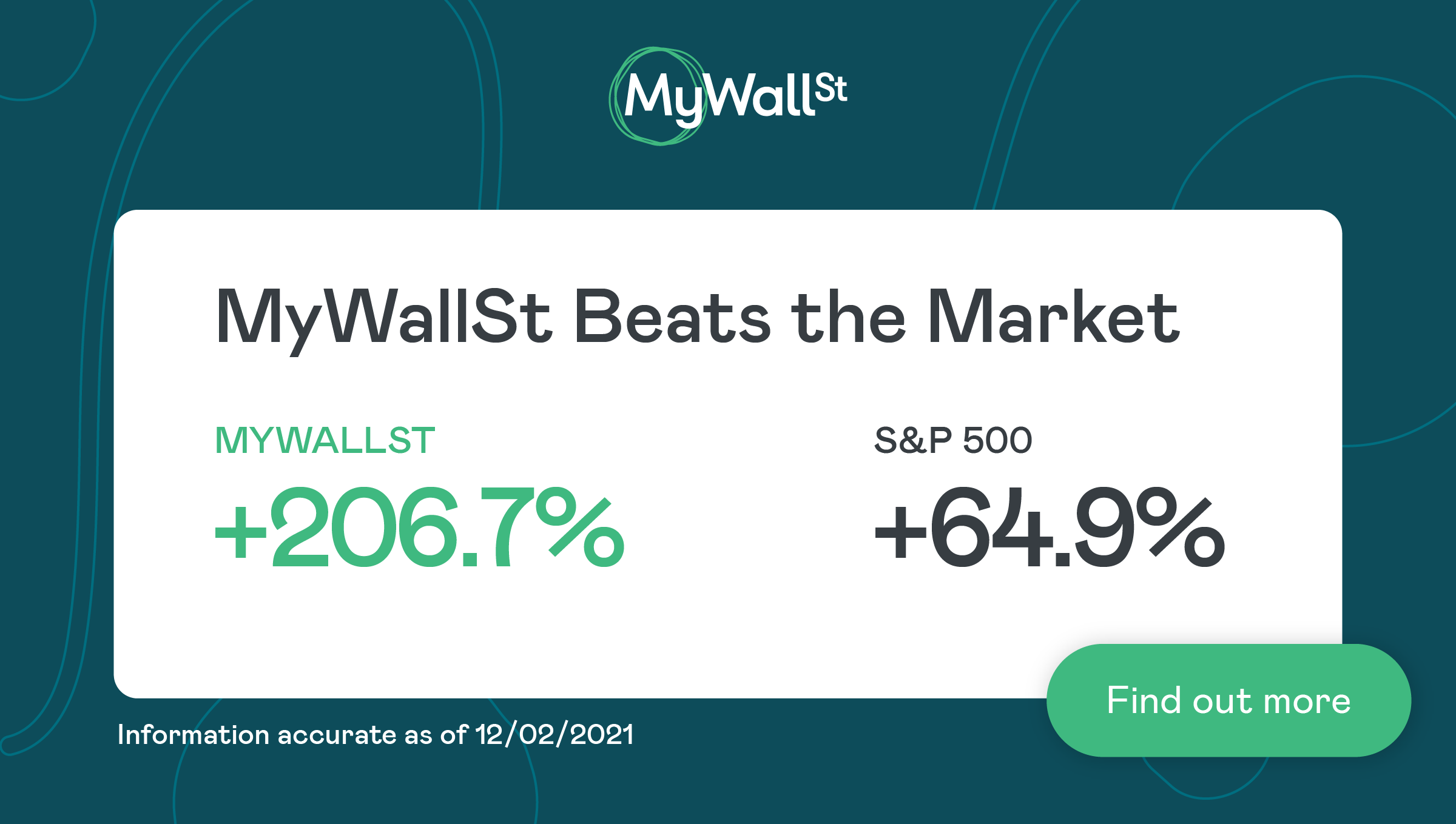The healthcare industry is ripe for disruption due to high costs and inefficiencies. These problems were further exacerbated with the onset of COVID-19, where the industry was ill-equipped to cope with the shift to digital and remote care. With a sizeable market opportunity and both companies attempting to disrupt the industry, we ask which company is a watch?
This article was originally written by MyWallSt. Read more market-beating insights from the MyWallSt team here.
Clover Health: Bull vs Bear Arguments:
Clover Health (NASDAQ: CLOV) is a Medicare Insurance provider that focuses primarily on the Medicare Advantage market. It was founded in 2014 before going public through a special purpose acquisition company (SPAC) in 2020, led by Chamath Palihapitiya. Its focus is on “creating great, sustainable healthcare to improve every life” through a combination of its proprietary technology Clover Assistant, data analytics, and preventative care.
In Q1 2021, Clover reported a record $200 million in revenue, increasing 21% year-over-year (YoY). Management is also guiding for revenue of $810 – $830 million for the full fiscal year. It also has a relatively strong cash position with $720 million and $278 million in debt. This cash should allow it to expand.
Clover recently entered into the largest segment of Medicare known as Original Medicare, which has helped increase its lives under management to 130,000. There is also an aging population in the U.S. which will substantially increase the number of people eligible for Medicare in the coming years. Its Medicare Advantage members are set to reach 68,000-70,000 this year, a growth rate of 17%-21% YoY. Its members also like Clover, with a net promoter score of 63, which is well above the industry average.
However, Clover’s losses continued to increase in the quarter from $28 million a year prior to $48 million in Q1 and are unlikely to change anytime soon. Furthermore, when the company was being brought public, management forecast 200,000 lives under contract by the end of 2021, but in Q1, it halved this, and not for the first time has management missed targets.
There are a number of ongoing investigations into Clover and its directors following a scathing short report by Hindenburg Research. The short report made a wide range of allegations and is a cause for concern despite the company denying many of these. To read more about the short report, click on the link below.
Teladoc Health: Bull vs Bear Arguments:
Teladoc Health (NYSE: TDOC) is a telemedicine and virtual healthcare company that went public in 2015 and has produced returns of over 800% since its IPO despite the recent drop.
Teladoc estimates that the telehealth space will continue to accelerate at a compound annual growth rate of 38% in the next five years. There is also further opportunity outside its core offering with its Livongo merger, which increased its total addressable market to $121 billion.
Teladoc reported another strong quarter of growth, with revenue rising by 109% YoY or 41% organically in Q2, 2021. It signed several new deals, and one such example is its new partnership with Healthcare Services Group, the fifth-largest health insurer in the U.S. Management also raised guidance for the fiscal year to $2.0-$2.025 billion.
COVID-19 has accelerated the shift to digital care. Despite tough comparables from last year, telehealth visits increased to 3.5 million, rising 28% YoY with an increasing number from non-infectious diseases. The Livongo merger also means that Teladoc is no longer reliant on telehealth and has a full suite of offerings and new products such as myStrength for mental health offerings which was recently launched. The Livongo deal, if executed accordingly, should fuel long-term growth and is expected to create $500 million in synergies by 2025.
Teladoc faces intense competition, particularly in the telehealth space from companies such as Amwell, newer entrants like Doximity, and companies such as OneMedical offering similar offerings for chronic conditions.
Despite the history of executing acquisitions effectively, if Teladoc fails to do so with the Livongo merger, it will severely hurt the stock price. In the most recent quarter, the merger weighed on results with a wider net loss than expected of $133.8 million, and Teladoc still looks a long way off from turning a profit.
So, which stock is a better watch right now?
Teladoc appears to be better positioned to disrupt the healthcare industry. Unlike Clover, its financials are good, it’s meeting targets and has not been the subject of a short report. The pullback in its share price also makes it an attractive investment today.
MyWallSt gives you access to over 100 market-beating stock picks and the research to back them up. Our analyst team posts daily insights, subscriber-only podcasts, and the headlines that move the market. Start your free trial now!
Disclaimer Past performance is not a reliable indicator of future results.
CMC Markets is an execution-only service provider. The material (whether or not it states any opinions) is for general information purposes only, and does not take into account your personal circumstances or objectives. Nothing in this material is (or should be considered to be) financial, investment or other advice on which reliance should be placed. No opinion given in the material constitutes a recommendation by CMC Markets or the author that any particular investment, security, transaction or investment strategy is suitable for any specific person.
The material has not been prepared in accordance with legal requirements designed to promote the independence of investment research. Although we are not specifically prevented from dealing before providing this material, we do not seek to take advantage of the material prior to its dissemination.
CMC Markets does not endorse or offer opinion on the trading strategies used by the author. Their trading strategies do not guarantee any return and CMC Markets shall not be held responsible for any loss that you may incur, either directly or indirectly, arising from any investment based on any information contained herein.
*Tax treatment depends on individual circumstances and can change or may differ in a jurisdiction other than the UK.
Continue reading for FREE
- Includes free newsletter updates, unsubscribe anytime. Privacy policy






